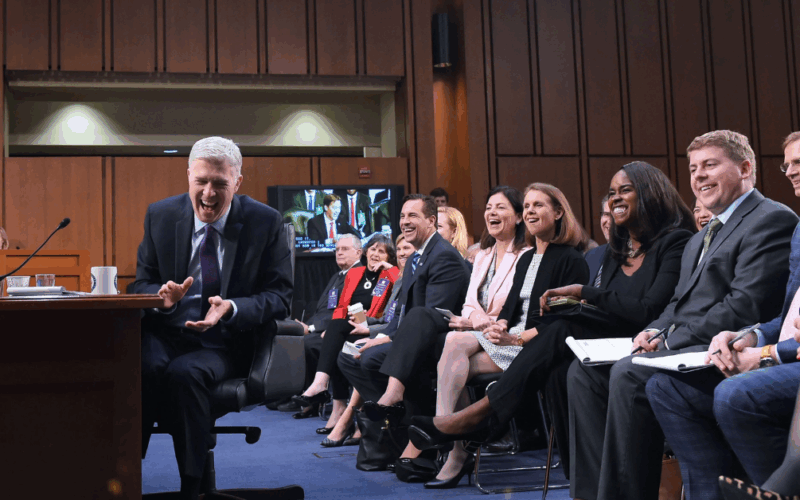The oil giant Chevron has recently taken a significant legal step by petitioning the U.S. Supreme Court to transfer several ongoing lawsuits to federal court. This move highlights a complex tug-of-war between state and federal courts, especially concerning cases involving environmental damages and corporate accountability. Chevron argues that handling these cases at the federal level ensures consistent legal standards and protects its rights better.
This petition not only affects Chevron but could also influence how large corporations across the United States deal with multi-jurisdictional lawsuits in the future. For younger readers and those interested in legal affairs, this case presents an important example of how big companies navigate the American legal system’s challenges. Understanding this can shed light on broader topics of environmental justice and corporate responsibility.
Why Chevron Prefers Federal Courts Over State Courts
Chevron’s main reason for moving lawsuits to federal courts is the belief that federal courts offer uniform procedures and more predictable outcomes. State courts often have different rules and can be influenced by local sentiment, which might be more critical of large corporations like Chevron. As reported by Reuters, Chevron claims federal courts provide a fairer platform to handle complex environmental litigation.
Additionally, federal courts often handle cases involving intricate environmental laws and interstate issues, making them a more appropriate venue for Chevron’s lawsuits. The company argues that this shift can help avoid inconsistent judgments from various state courts, which is a crucial factor when dealing with multi-state or large-scale environmental claims.
The Environmental Lawsuits Against Chevron
Many of the lawsuits Chevron faces relate to alleged environmental damage caused by its operations in different parts of the world. The company has been accused of causing pollution and harming local communities, which has led to legal actions in various states. Moving these lawsuits to federal court means the cases might be handled with a focus on federal environmental regulations like the Clean Water Act or the Resource Conservation and Recovery Act.
Environmental groups and activists often prefer state courts because they believe these courts are more likely to rule in favor of local communities and environmental protection. However, Chevron’s request to the Supreme Court reflects its strategy to consolidate these cases and deal with them under a single, more neutral legal framework, as noted by the Law360 report.
Implications for Corporate Legal Battles and Environmental Justice
The Supreme Court’s decision on Chevron’s petition could set a precedent that influences how corporate legal battles over environmental issues are managed across America. If federal courts become the preferred venue, it could streamline litigation involving big corporations but also raise concerns about whether local communities will receive fair consideration.
For young readers interested in law, environment, or social justice, this case demonstrates the ongoing tension between powerful corporations and local populations affected by environmental harm. It’s a reminder of how important the choice of court is for the outcomes of lawsuits that can impact public health and the environment.
Conclusion: Watching the Supreme Court’s Next Move
The Supreme Court’s response to Chevron’s petition will be closely watched by legal experts, environmentalists, and corporations alike. This case serves as a window into how the American legal system handles complex disputes involving environmental responsibility and corporate power. Regardless of the outcome, it underscores the growing importance of judicial jurisdiction in shaping environmental policies and corporate accountability in the United States.




